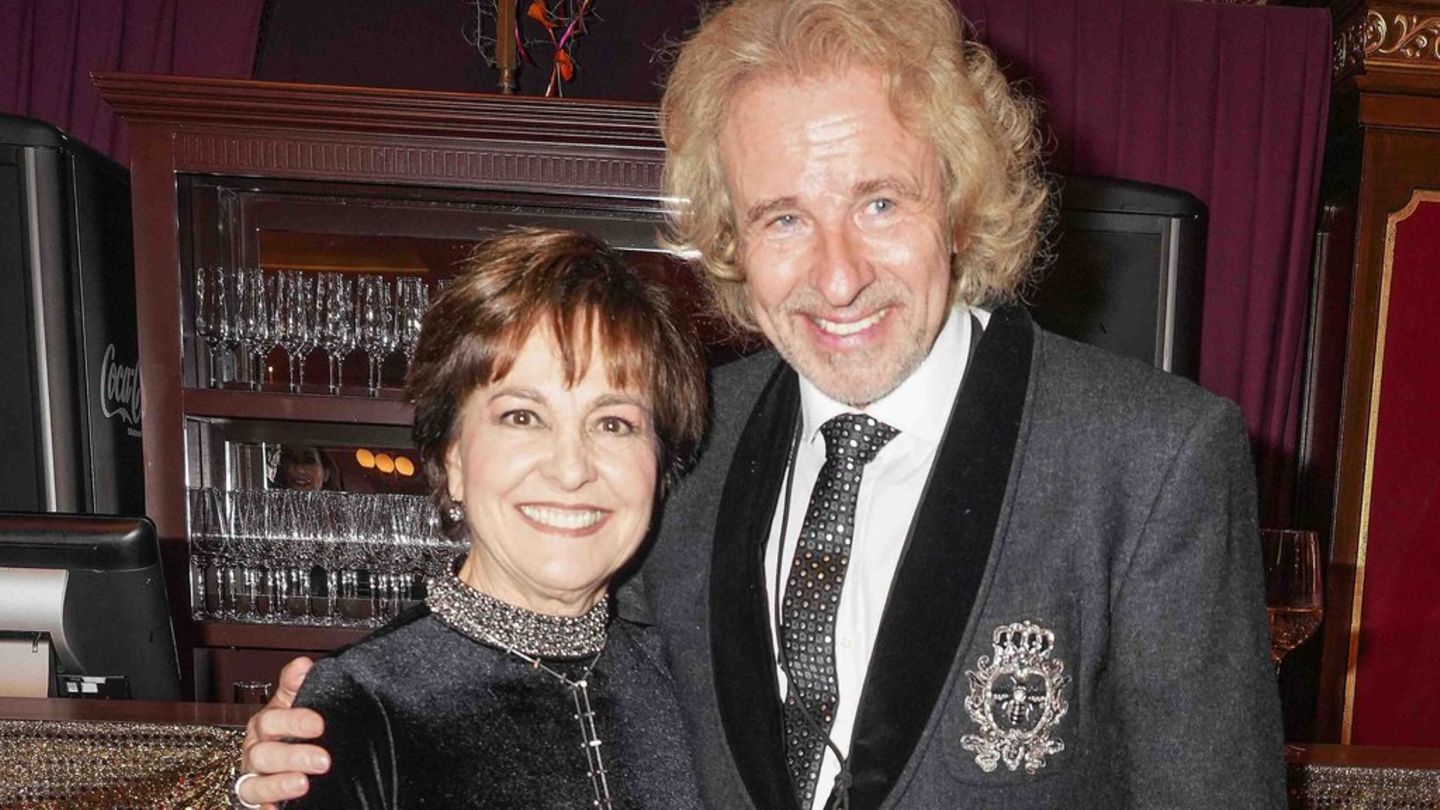Chancellor Scholz wanted to have a say in these financial personnel. It is now clear: an SPD man is to lead the Bundesbank in the future. Finance Minister Lindner praises him as an “experienced personality”.
The economist Joachim Nagel is to become the new President of the Bundesbank. Federal Chancellor Olaf Scholz (SPD) and Finance Minister Christian Lindner (FDP) proposed the 55-year-old to succeed Jens Weidmann, as Lindner announced on Twitter on Monday.
The “Handelsblatt” and the “Spiegel” had previously reported on the personnel. The cabinet still has to finally decide on the occupation. That is expected to happen this Wednesday, said a government spokesman. Nagel is scheduled to start work on January 1st.
Weidmann stops for personal reasons
Weidmann announced in October that, after more than ten years in office, he was stepping down on December 31 for personal reasons. Nagel, who is a member of the SPD, already sat on the board of directors of the Bundesbank from 2010 to 2016, then went to the KfW development bank and currently works at the Bank for International Settlements (BIS), which is also known as the central bank of the central banks. He studied economics in his native city of Karlsruhe and did his doctorate at the university there.
Lindner emphasized that in view of inflation risks, the importance of a stability-oriented monetary policy is currently growing. Nagel is “an experienced personality who ensures the continuity of the Bundesbank”. Nagel stands for monetary stability, the occupation is a “good signal to the German population as well as to Europe”.
Banking associations and economists welcomed Nagel’s nomination. This brings “an expert with many years of experience with central banks and excellent knowledge of the financial markets to the top of the German central bank,” said the President of the Association of German Banks (BdB), Deutsche Bank boss Christian Sewing. Sparkasse President Helmut Schleweis is convinced that the Bundesbank, with Nagel at the helm, will “continue its tradition of a stability-oriented monetary policy”.
Bavaria’s Finance Minister Albert Füracker (CSU) also called on Nagel to continue the stability-oriented course of the Bundesbank. “I am also counting on the new Bundesbank President-designate to resolutely counteract the undesirable developments in the ultra-loose monetary policy in the euro area,” he said. The European Central Bank (ECB) is increasingly softening the boundaries between monetary and fiscal policy, and large-scale purchases of government bonds must stop.
Weidmann, former economic advisor to long-time Chancellor Angela Merkel, has also repeatedly expressed himself critical of the ECB’s ultra-loose monetary policy for years. Above all, he was skeptical of bond purchases worth billions and warned that the central bank should not make governments dependent on cheap central bank money.
In view of rising inflation, Weidmann warned that Europe’s monetary watchdogs should not ignore the risk of excessive inflation and not stick to their very expansionary course for too long. Weidmann was often unable to assert himself with his attitude. Because in the Governing Council the supporters of a rather loose monetary policy have the majority.
The Bundesbank president is involved in the decisions of the highest decision-making body of the central bank, but like the representatives of the other 18 euro countries, he only has one vote – even if Germany is Europe’s largest economy.
Hopes for savers
The President of the Federation of German Volksbanks and Raiffeisenbanks (BVR), Marija Kolak, associates Nagel’s appointment with the hope that the Bundesbank in the Governing Council will “work for an early end to negative interest rates in the interests of savers”.
According to Stefan Kooths, economic director and vice-president of the Institute for the World Economy (IfW / Kiel), Nagel is likely to be one of those “who put forward counter-arguments to the current ultra-expansionary monetary policy”. But Kooths restricted: “At the same time, Nagel’s appointment does not change the majority structure in the ECB Council. The proponents of the loose monetary policy can therefore look forward to the new Bundesbank leadership in a relaxed manner. ” The first monetary policy meeting of the Governing Council of the new year is scheduled for February 3rd.
Source From: Stern
Jane Stock is a technology author, who has written for 24 Hours World. She writes about the latest in technology news and trends, and is always on the lookout for new and innovative ways to improve his audience’s experience.




